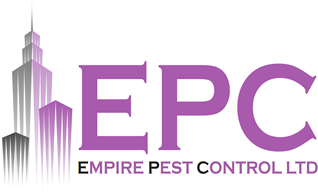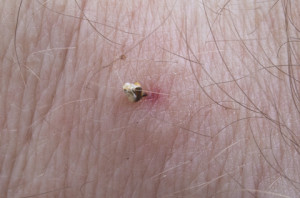
Wasp Control during the Summer Months
During the summer months it is important to have suitable wasp control available, especially in London and the suburbs. After all, despite the fact that wasps are helpful in controlling lots of other insects that may bug us, they do cause us considerable distress, especially around London’s food and drink venues.
Facts about Wasps
While wasps may be considered beneficial to the environment by helping to control garden pests – especially in the hot months of spring and summer; they are also known to be a nuisance – not to mention harmful to humans due to their ability to sting more than once. They are attracted to sweet substances, causing trouble for those who want to enjoy their spring and summer seasons in peace.
Wasps and their nests
Wasps can easily be identified thanks to their black and yellow abdomen, and they usually range from 15 to 20mm in length.
Nick named the Yellow Jacket for obvious reasons, these insect warriors are the top of the food chain and without them we’d be overrun with other crawling critters such as spiders and woodlice. So they are a necessary evil which we need to learn to live with in a controlled way.
Knowing that their need for sugary substances attracts them to our beer gardens, picnic spreads and tea tables means that we can learn to handle them better so that we can live with them harmoniously in the future.
During the winter, the queen wasp hibernates before beginning a new nest, usually at the beginning of spring. She will lay the first batch of eggs in areas of the nest, which have been constructed out of chewed wood and plant life debris. The queen will then care for the larvae until they have developed into workers. Then, the newly formed working wasps will take over looking after the larvae by returning to the nest with food and materials for it to expand.
The wasp colony will continue to increase in size during the summer months. The last batch of eggs will consist of reproductive males and queens. The queen wasps will search for a new nest location while the males fly the nest to look for a partner to mate with.
It is at this time when wasps tend to cause the most trouble, as they are looking for sweet materials.
A typical nest will host up to 5,000 wasps and behaviour will depend on conditions. For example, if temperatures drop, they are likely to become more aggressive.
What to Do If You’re Stung
If you are stung by a wasp, an itchy red spot will usually manifest on the surface of the skin. Local anaesthetic lotion will normally help here to reduce inflammation. For those who are allergic to stings, though, dialing 999 is always the best and recommended call to receive emergency attention.
If symptoms persist, you’ve been stung around areas like the mouth or throat or have received more than one sting, it is advisable to call your doctor.
To avoid a wasp sting, we recommend avoiding swatting. Doing so can cause a swarm, as wasps release a chemical that alerts other wasps that they need to attack.
Why Wasp Nest Control and Removal?
Wasp nests need to be removed safely and carefully by specialists, so if you have spotted a nest or suspect you may have one nearby; due to an influx of wasps in your garden or property, contact us today. We would be more than happy to help and will take the appropriate safety measures to ensure the nest is removed with care and to minimise any dangers.



